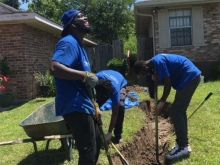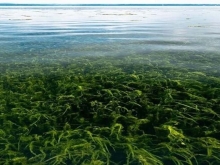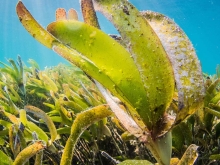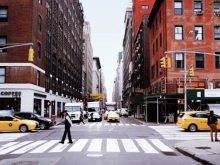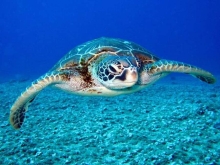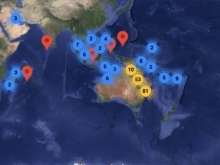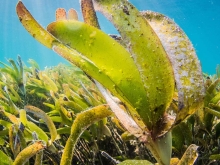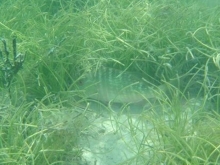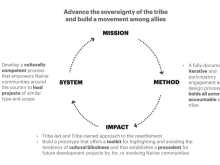Taking Steps Together On Equity & Climate Change: A Report By And For New Orleanians
This report is about how we live in New Orleans and the steps we can take to achieve equity through citywide action on climate change. In our city, African Americans, other people of color, low income families and individuals, the elderly and youth face various forms of inequity and are also vulnerable to the impacts of climate change.
